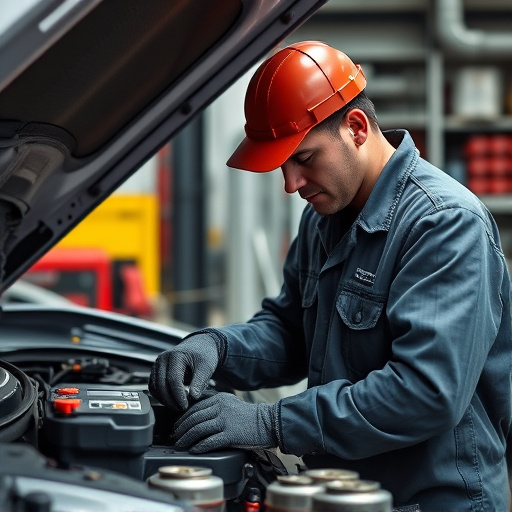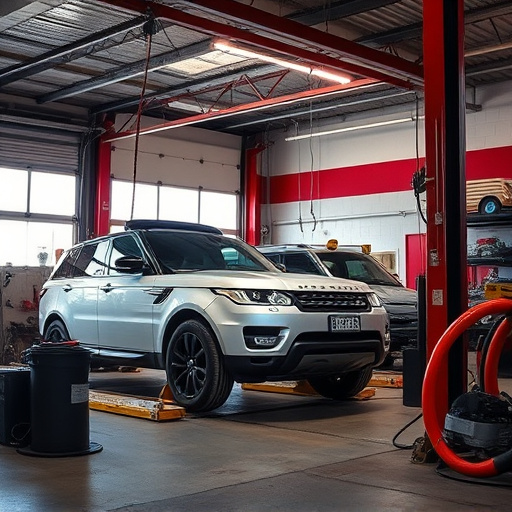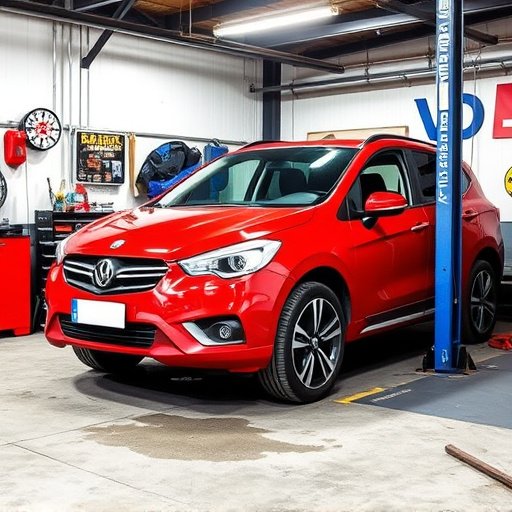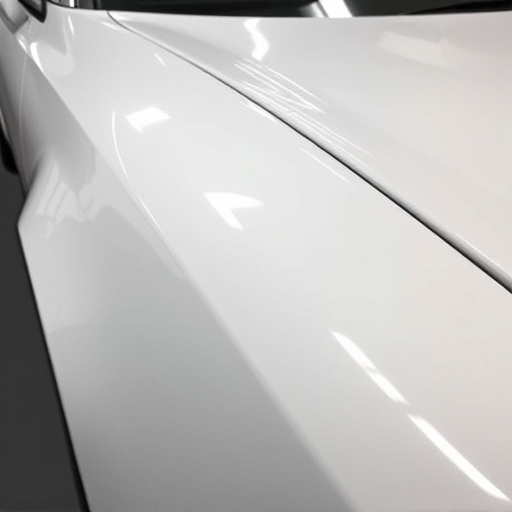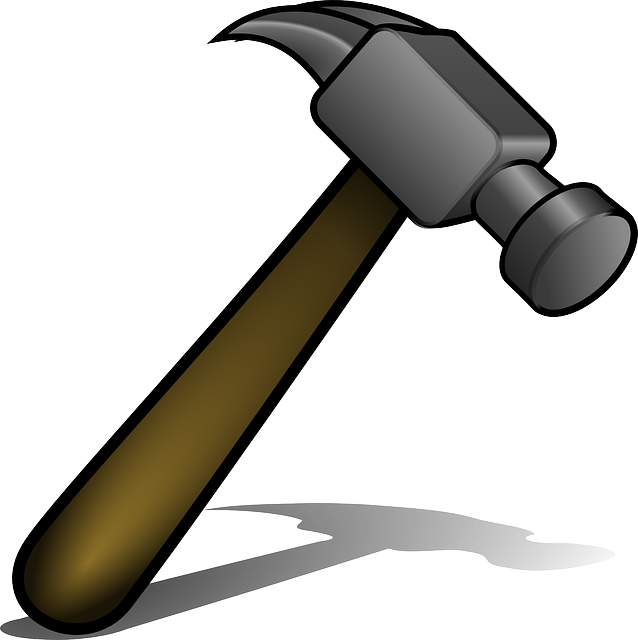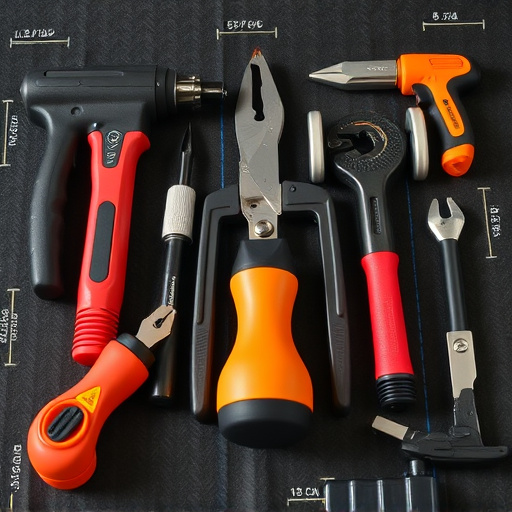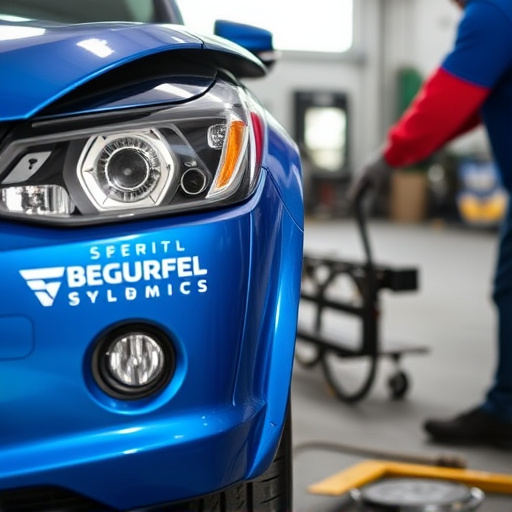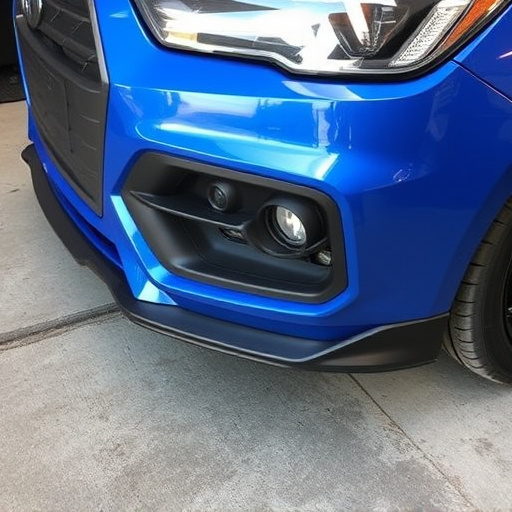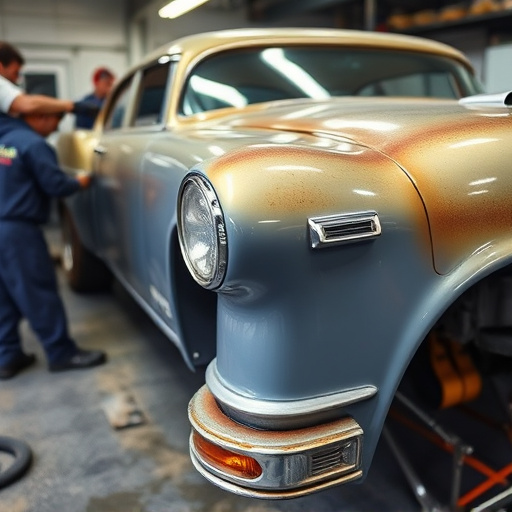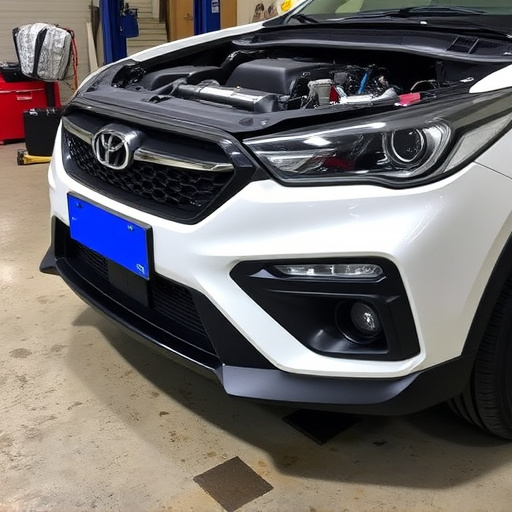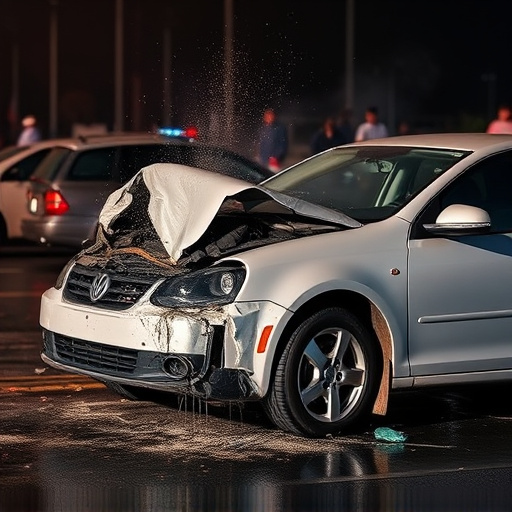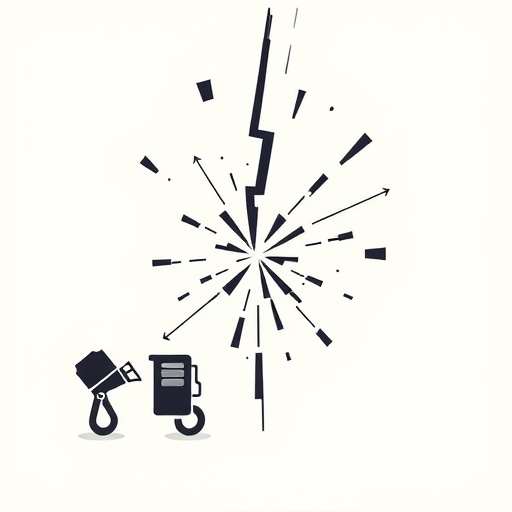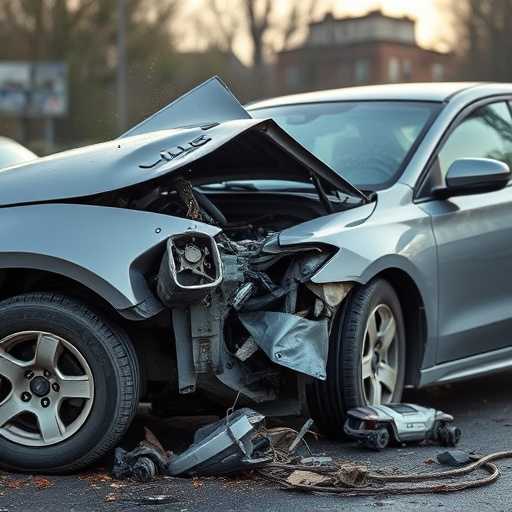DIY electrical system crash repair is tempting for cost savings but carries significant risks. Modern vehicles' complex electrical networks, including sensors and ECUs, require specialized knowledge beyond typical DIYers' skill sets. Missteps can cause short circuits, signal transmission errors, safety hazards, vehicle malfunctions, and even fires. Safety should be paramount; seek expert help from collision repair specialists for complex work to ensure reliability and mitigate dangers. Always prioritize safety with proper training, protective gear, ventilation, lighting, organization, and responsible disposal of hazardous materials.
Is DIY electrical system crash repair safe? This question plagues many car owners after a fender bender. While do-it-yourself (DIY) repairs can save money, tinkering with an electrical system carries significant risks. This article delves into the intricacies of DIY electrical system crash repair, exploring potential dangers, essential precautions, and best practices to ensure your safety and prevent further damage. Understand the risks before you attempt any fix.
- Understanding DIY Electrical System Crash Repair
- Potential Risks and Dangers Involved
- Ensuring Safety: Precautions and Best Practices
Understanding DIY Electrical System Crash Repair
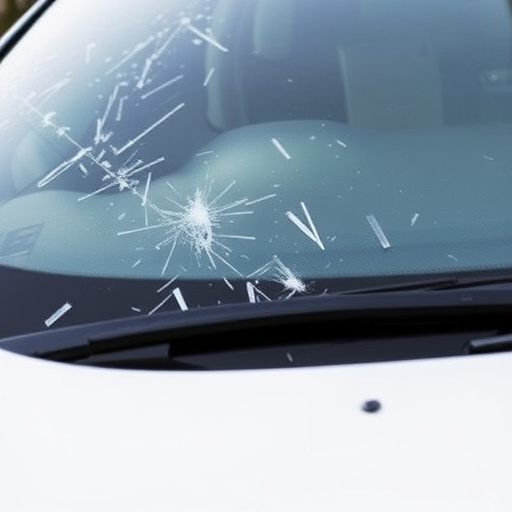
DIY electrical system crash repair refers to individuals attempting to fix or replace damaged components within a vehicle’s electric system themselves, rather than relying on professional collision repair services. This can include tasks like repairing or replacing fuses, sensors, wiring harnesses, or even more complex systems like the engine control unit (ECU). While some basic auto glass repair or auto body restoration techniques may be accessible to enthusiasts, the electrical system often requires specialized knowledge and tools that are beyond the scope of typical DIYers.
Understanding the intricate nature of modern vehicles’ electrical systems is crucial. Unlike simpler models from decades past, contemporary cars and trucks feature sophisticated networks of sensors, computers, and wiring designed to ensure safety and efficiency. Any misstep in these repairs could lead to malfunction or even pose potential hazards, such as short circuits or incorrect signal transmission. Therefore, while the idea of DIY electrical system crash repair may be appealing to those looking to save costs, it’s important to weigh the risks against the benefits and consider seeking expert help from collision repair specialists when dealing with complex vehicle electronics.
Potential Risks and Dangers Involved
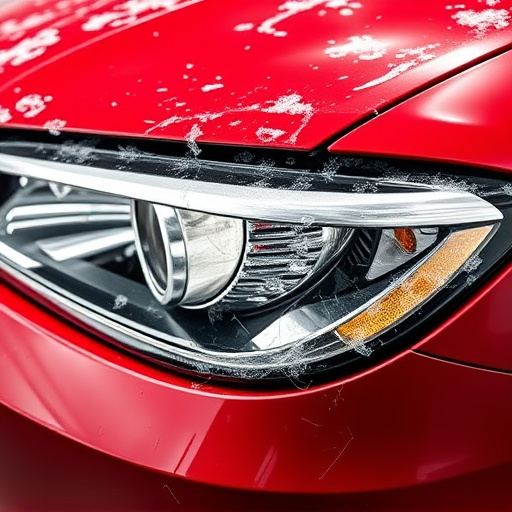
Attempting a DIY electrical system crash repair may seem appealing for those looking to save costs, but it’s crucial to understand the potential risks and dangers involved. While many car enthusiasts possess basic automotive repair skills, tackling an electrical system requires specialized knowledge and expertise. The complexity of modern vehicles’ electrical components can vary widely, from intricate wiring harnesses to sophisticated computer modules that control various functions. Mistakes in these areas could lead to not just ineffective repairs but also create new safety hazards.
Moreover, working with electricity poses inherent dangers. A single misstep during a DIY attempt could result in electrical shocks, fires, or damage to sensitive components. Improper repairs might leave your vehicle prone to malfunctions, decreased performance, or even catastrophic failures while driving. The risks extend beyond personal harm; incorrect installations can compromise the overall safety and reliability of your automobile. Therefore, unless you have extensive experience with automotive repair, especially in electrical systems, it’s best to leave such critical work to professional technicians who are trained and equipped to handle these challenges safely and effectively.
Ensuring Safety: Precautions and Best Practices
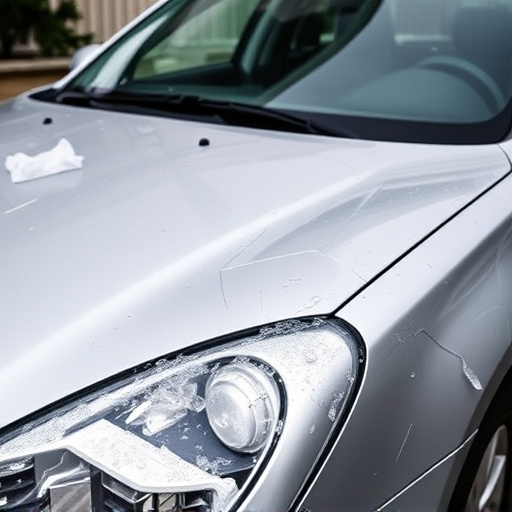
When tackling an electrical system crash repair, prioritizing safety is paramount to avoid hazards. Before beginning any DIY repairs on a vehicle’s electrical system, ensure proper training and familiarity with the processes involved. Safety precautions include using protective gear such as gloves, eye protection, and ensuring adequate ventilation due to potential exposure to harmful chemicals.
Best practices dictate that you work in a well-lit area, following manufacturer guidelines for specific parts. Keep all tools and materials organized to prevent accidents. When handling electrical components, exercise caution to avoid short circuits or shocks. Additionally, consider the environmental impact, especially with disposal of old parts and liquids like car paint or solvents used during fender repair or vehicle bodywork restoration. Always dispose of these responsibly to mitigate ecological risks.
While DIY electrical system crash repair can be tempting for those looking to save costs, it’s crucial to remember that working with car electrics carries significant risks. As discussed, potential dangers include short circuits, electrical fires, and even death. While some basic repairs may be within a competent DIYer’s reach, complex electrical issues often require professional expertise. Before attempting any DIY electrical system crash repair, thoroughly assess your skill level and consider the safety implications. For peace of mind and to ensure a safe, effective fix, always prioritize hiring a qualified automotive electrician for critical electrical system repairs.
